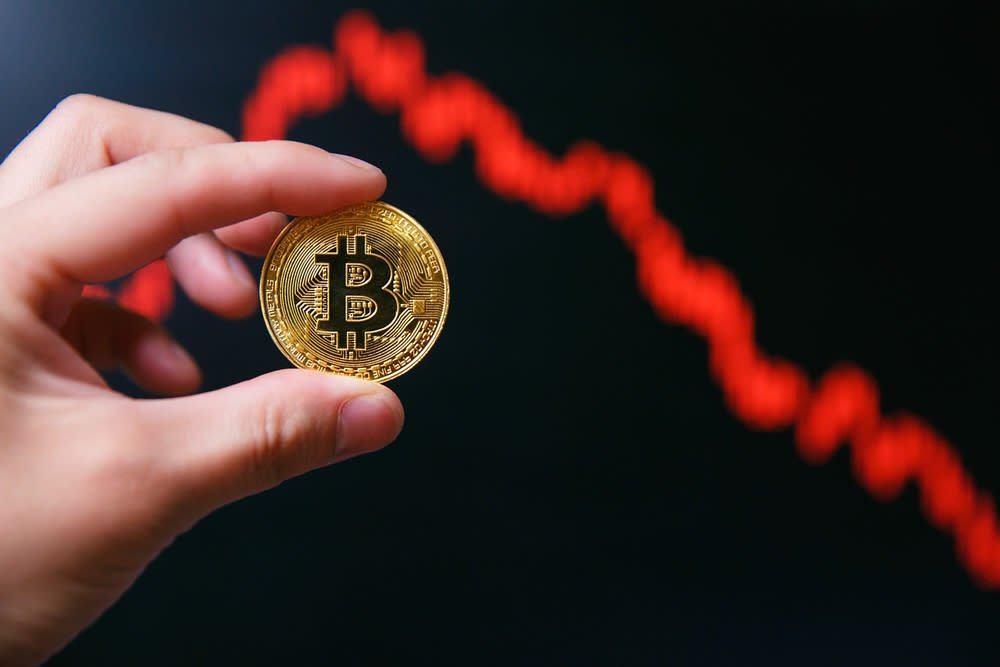As global economic stability falters, speculative investors are once again gambling on risky assets, hoping for quick profits amidst financial turmoil. The entire capitalist system increasingly resembles a casino, where wealth is chased, often divorced from real economic value. This unsustainable frenzy demands a re-evaluation of the system itself.
The resurgence of cryptocurrency epitomizes this trend. Bitcoin recently hit an all-time high of $72,000 in mid-March, marking a threefold increase in value over the past year. Similarly, other tokens like Dogecoin, championed by Elon Musk, have rebounded, reaching a valuation of $2.7 trillion, the highest in two years. Market chatter abounds with promises of other tokens “going to the moon.” Yet these so-called ‘digital assets’ are devoid of intrinsic value, representing pure speculation rather than any substantial economic backing.
The allure of fast fortunes echoes historical bubbles like the 17th-century tulip mania and Florida’s land speculation in the 1920s. While cryptocurrencies might seem harmless in isolation, their speculative nature highlights a systemic problem within capitalism. The collapse of these bubbles could ripple through the economy, destabilizing an already fragile global financial system.
Speculative Frenzy and Financial Institutions’ Role
In a telling sign of speculative enthusiasm, the U.S. Securities and Exchange Commission has greenlit 11 Bitcoin-based exchange-traded funds (ETFs) this year alone. Major investment firms and banks, such as BlackRock, Morgan Stanley, and Bank of America, are now venturing into the cryptocurrency market, supposedly to “diversify” their portfolios.
Despite the 2008 financial crisis and the repeated commitment to avoid high-risk toxic assets, institutional investors have conveniently forgotten past lessons. Their reckless pursuit of profit mirrors the behavior of a person making unconvincing promises to change, only to revert to familiar habits. After all, when an asset’s value is based solely on collective belief, increasing participation only enhances the illusion of value.

The supposed divide between “sound” investments and reckless speculation is disintegrating once again. As one commentator on the Bitcoin-focused podcast The Wolf of All Streets noted, traditional finance is proving just as reckless as the speculative cryptocurrency community. Traditional finance and crypto investors are now seen as indistinguishable, driven by the same “degenerate” motivations to bet on intangible assets.

Trump’s Latest Gamble
Another attention-grabbing example of speculative frenzy involves the Trump Media and Technology Group, which owns the social media platform Truth Social. This venture went public through a Special Purpose Acquisition Company (SPAC), effectively merging with a “blank check” entity designed for acquisition rather than innovation.
On its initial trading day, Trump’s stock soared in value, attracting billions in investments, only to plummet soon after, wiping over $1 billion from its valuation within days. Yet, Trump, as the majority shareholder, secured significant profits from the merger. Despite bleeding users and racking up losses, the company is now valued at $5.7 billion – a staggering 1,400 times its actual revenue, an unsustainable multiple even in a speculative market.
The absurdity of this valuation speaks volumes. With assets detached from their underlying fundamentals, speculative investors are betting on feelings and hype, a pattern that mirrors the sentiment-driven nature of Bitcoin’s market.
The Fallout of Casino Capitalism
Speculation and high-stakes gambling have long been intrinsic to the capitalist system, fueling instability and often enriching a select few at the expense of broader financial health. While some tech-centric investors may lose out when this speculative frenzy collapses, the real danger lies in the systemic impact on the global economy.
As the world grapples with mounting economic instability, it’s only a matter of time before this reckless financial “casino” leads to broader fallout. The reckless investment patterns observed in both traditional finance and cryptocurrency markets foreshadow a system vulnerable to collapse, one that demands fundamental change if economic security is to be preserved.

